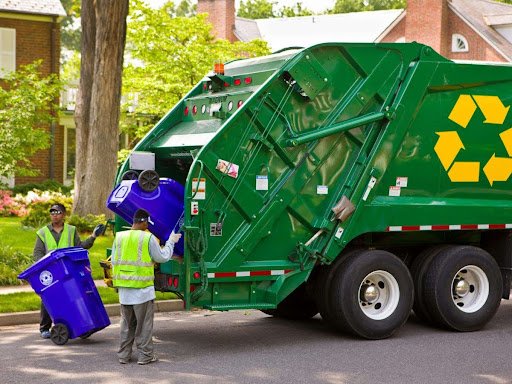Urban areas are the beating hearts of modern society, with colourful, rapid-paced, and complete lifestyles. Yet, below this hustle and bustle lies a developing project that many cities globally struggle to manage: waste. As populations swell and consumerism runs rampant, the quantity of waste generated in towns has reached marvellous levels. But handling all that garbage isn’t as easy as tossing it right into a bin. It’s a complex, multifaceted issue without easy fixes. Managing waste effectively in urban areas often involves services like Stockport skip hire, which provide convenient solutions for proper disposal and recycling.
Rising Waste Generation
Every day, millions of tons of rubbish are generated in city regions, from household refuse to commercial with the aid of merchandise. With greater human beings comes greater trash, and with greater trash comes greater issues. But why is the waste era skyrocketing precisely? The solution lies in our consumption conduct. We live in a global world in which the whole lot’s disposable, plastic packaging, unmarried-use merchandise, speedy style, you name it. While those conveniences make life less complicated, they also create a mountain of waste that’s becoming harder and tougher to control.
Limited Waste Collection and Disposal Infrastructure
The infrastructure that has to collect, deliver, and dispose of all that waste isn’t keeping up with the tempo of urbanization. In many cities, the waste series systems are previous, inefficient, and certainly crushed. And when waste isn’t gathered properly, it doesn’t simply disappear; it lingers, creating a breeding ground for pests and ailments, no longer to say the stench.
Landfills are filling up rapidly, and the capacity to construct new ones is restrained. This scarcity of disposal alternatives means that a few towns are compelled to move their waste to remote places, which are expensive and now not exactly environmentally pleasant.
Informal Waste Sector
In many urban areas, particularly in developing nations, waste management isn’t just the job of the neighbourhood government. Enter the casual waste area, a community of waste pickers, recyclers, and small-scale operators who make a living by amassing and selling recyclable substances. These people play a crucial function in waste control, improving treasured sources that would, in any other case, grow to be in a landfill. But right here’s the seize: the casual waste sector operates within the shadows without popularity or aid from reliable waste control structures.
Opportunities for Innovation and Collaboration
Amidst those demanding situations, there are possibilities for innovation and collaboration that might rework waste control in city areas. Cities are starting to discover new technologies and strategies to lessen waste generation, enhance series and disposal, and sell recycling. For instance, smart waste control systems use sensors and records analytics to optimize series routes, lowering gasoline intake and emissions. Meanwhile, waste-to-strength technologies are turning trash into power, providing a sustainable alternative to landfills.
Governments, personal corporations, and groups have to paint collectively to expand and implement effective waste control answers. Public focus campaigns can teach residents about the importance of waste reduction and recycling, even as regulations like extended producer obligation (EPR) can keep manufacturers liable for the waste their products create. By working collectively, we will flip the tide on city waste.
Resource Recovery and Recycling
Speaking of turning trash into treasure, resource restoration and recycling are vital components of any effective waste control approach. However, recycling charges in many urban regions continue to be disappointingly low. Why? One purpose is the dearth of proper infrastructure for collecting and processing recyclable substances. In some cities, recycling programs are underfunded and poorly controlled, leading to the infection of recyclables and, ultimately, extra waste that ends up in landfills.
Solid Waste Segregation Problems
The trouble doesn’t give up there. Solid waste segregation, or as a substitute, the lack thereof, is a tremendous hurdle in effective waste management. In many city regions, waste isn’t well sorted at the supply, leading to a mixture of natural, recyclable, and unsafe substances. This mix complicates the waste remedy technique and reduces the efficiency of recycling and resource restoration efforts.
Landfill Management Problems
Landfills are often seen as the final resting vicinity for waste, but managing them is something however restful. Overcrowded and poorly managed landfills can pose critical environmental and fitness risks. As landfills reach potential, they are able to become risky, mainly due to landslides and the discharge of toxic gases.







